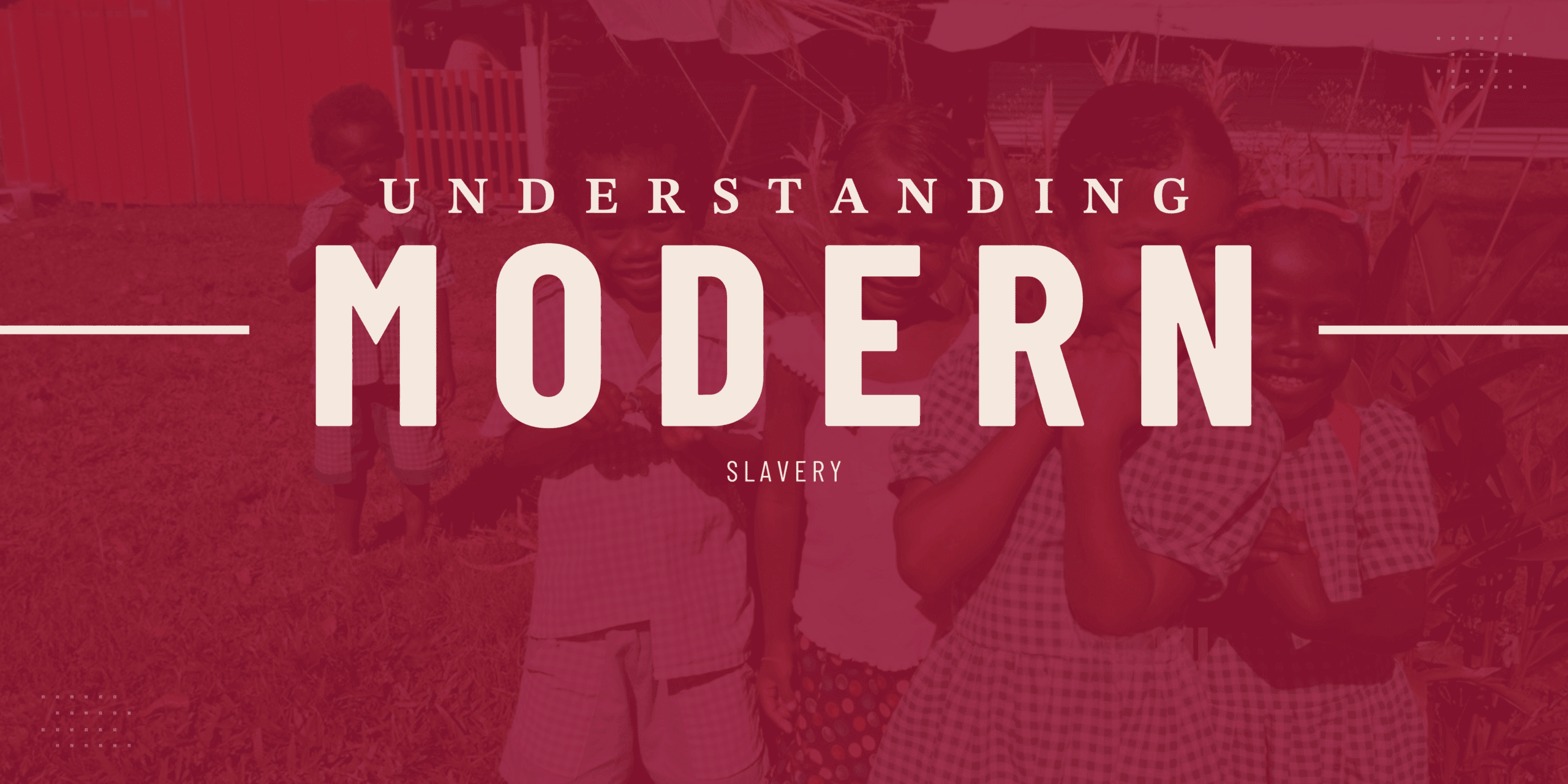
Modern slavery encompasses forced labour, human trafficking, debt bondage and forced marriage. Victims are tricked, coerced or forced, losing their freedom for personal or commercial gain.
Modern slavery takes several forms, including:
Forced labour – individuals compelled to work under threat or coercion for little or no pay.
Debt bondage – victims trapped in work to repay debts they can never clear.
Forced marriage – people coerced into marriage against their will.
Exploitation of children – minors used for labour, sexual services or other abusive purposes.
Human trafficking is a severe violation of human rights affecting millions worldwide, including men, women, and children. It involves the exploitation of individuals through force, fraud, or coercion for various forms of labour, including sexual exploitation, domestic servitude, and labour trafficking. In New Zealand, human trafficking remains a hidden issue, often unnoticed but deeply impactful.
At Hagar New Zealand, we believe that survivors deserve more than just rescue—they deserve the opportunity to heal. That’s why we offer trauma-informed recovery support that takes into account the deep emotional and psychological scars left by trafficking, helping survivors regain their sense of control, safety, and dignity.
Globally, an estimated 50 million people are trapped in slavery‑like conditions. Of these:
| Category | Number Affected |
|---|---|
| Forced labour | 27.8 million |
| Forced marriage | 15.4 million |
| Other forms of exploitation | 6.8 million |
1 in 4 victims of modern slavery are children.
Out of the 27.8 million people trapped in forced labour, 16 million people are exploited in the private sector such as domestic work, construction or agriculture; 4.8 million persons are in forced sexual exploitation, and 4 million persons are in forced labour imposed by state authorities.
Women and girls are disproportionately affected by forced labour, accounting for 99% of victims in the commercial sex industry, and 58% in other sectors
Modern slavery encompasses forced labour, human trafficking, debt bondage and forced marriage. Victims are tricked, coerced or forced, losing their freedom for personal or commercial gain. Over two thirds of people in modern slavery live in Asia—particularly in South and Southeast Asia. Key hotspots include Cambodia, Myanmar, Vietnam and, Philippines, Afghanistan and Thailand.
Victims of trafficking do not always appear obviously distressed. You may notice more subtle indicators, such as:
Social isolation: Limited contact with family, friends or colleagues.
Unexplained injuries: Frequent bruises, scars or signs of poor healthcare.
Restricted movement: Someone else controls their travel, speech or daily schedule.
Missing documents: No personal identification, passport or restricted access to these papers.
If you recognise any of these signs, it is vital to act swiftly. Early intervention can help a victim escape exploitation and find safety.
Traffickers target people’s vulnerabilities by promising a better life—work opportunities or education. In reality, victims find themselves trapped in exploitative conditions, stripped of freedom and autonomy. Technology and social media have become tools for deception, allowing traffickers to lure and trap people from anywhere in the world.
Hagar New Zealand understands that escaping a trafficker is only the first step. Genuine recovery requires a holistic approach—one that addresses trauma, restores a sense of self, and rebuilds lives.
Survivors of trafficking often endure severe long‑term consequences:
Psychological trauma: Post‑traumatic stress disorder (PTSD), depression, anxiety and feelings of helplessness.
Physical health issues: Untreated injuries, chronic pain and illness due to poor living or working conditions.
Social stigma: Difficulty reintegrating into family or community life and challenges rebuilding trust.
The road to recovery is long and complex. With the right support—counselling, medical care, safe housing and skills training—survivors can begin to heal and rebuild their lives. At Hagar New Zealand, our specially trained staff and partners work with each survivor to develop a personalised recovery plan that fosters resilience and restores dignity.
Migrant workers face the highest risk, with many subjected to poor conditions, excessive hours and withheld wages.
Both New Zealand citizens and immigrants may become trapped in abusive employment.
Victims often lack safe avenues to report abuse, making their plight invisible.
Donate: Fund crucial trauma‑informed services for survivors.
Raise Awareness: Share reliable information on modern‑day slavery and its signs.
Choose Ethical: Support businesses committed to fair labour practices.
Together, we can help survivors reclaim freedom and create a world free from exploitation.
For a more in depth look into modern slavery on a global scale check out: